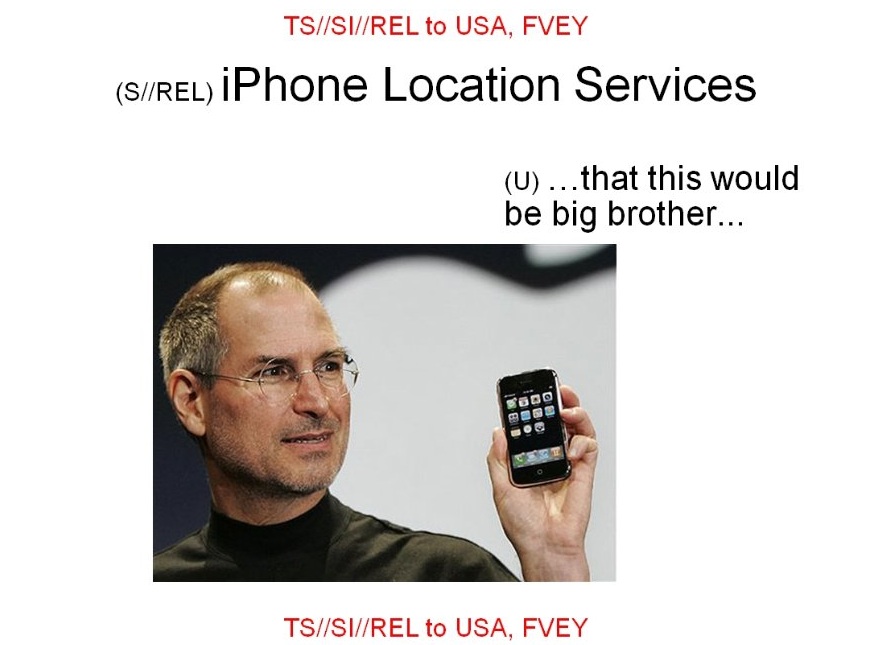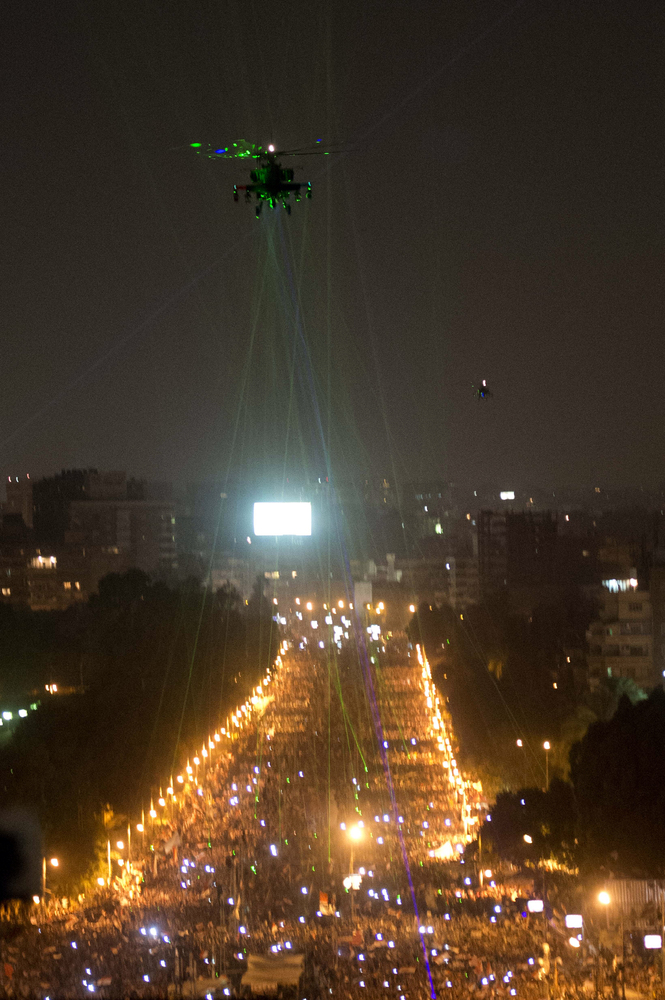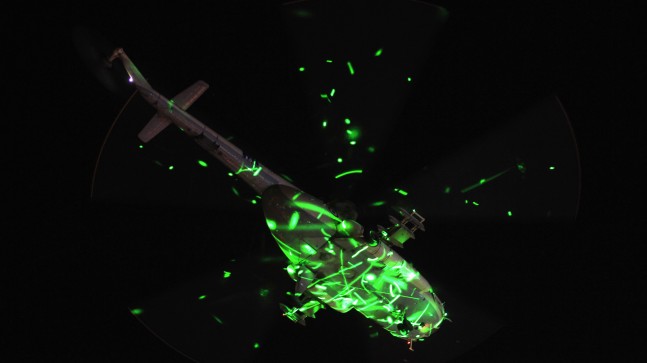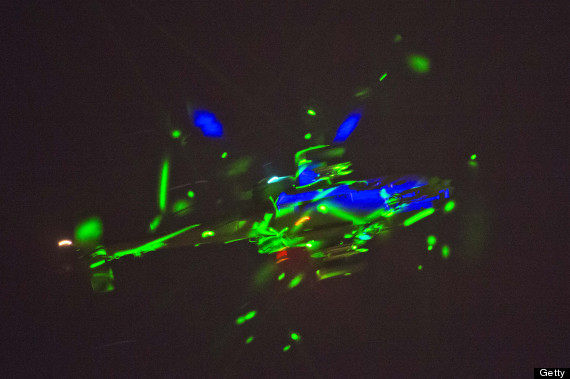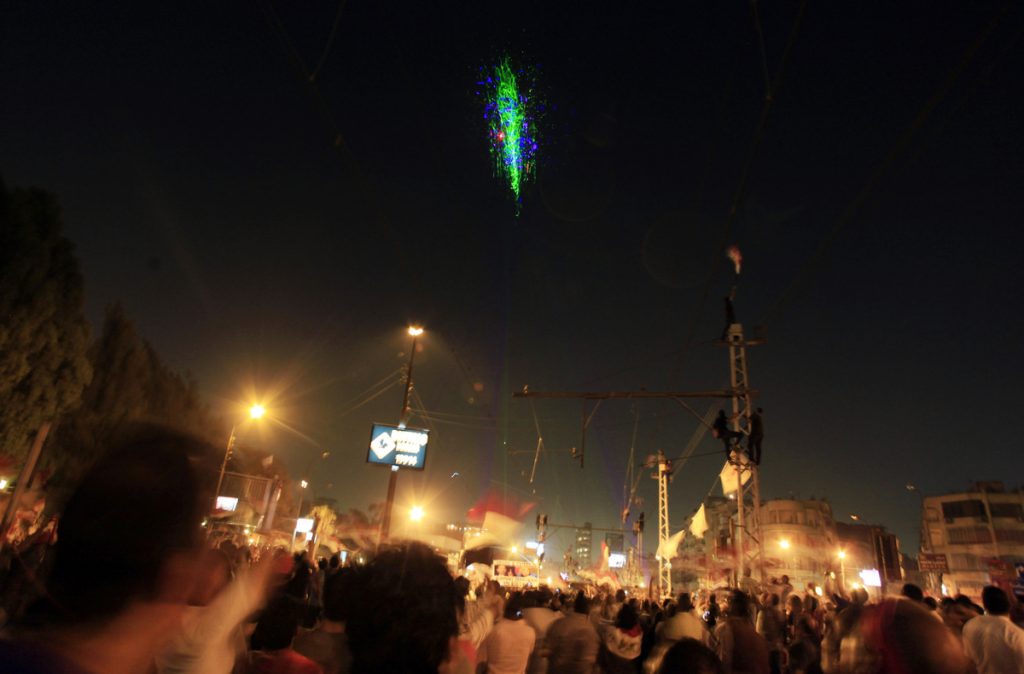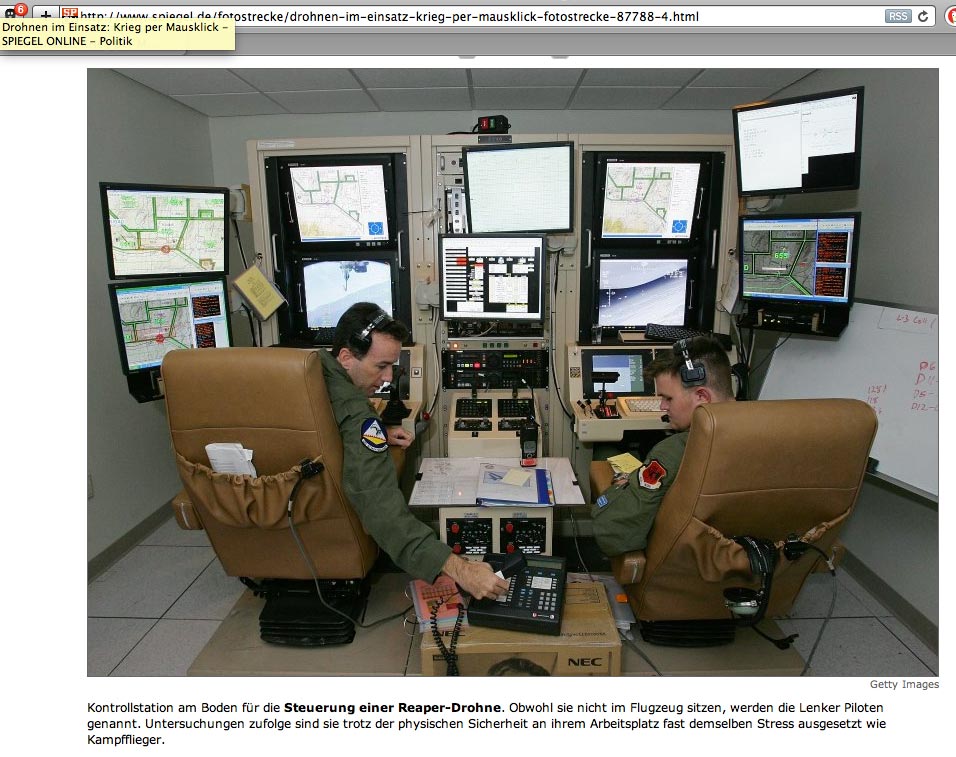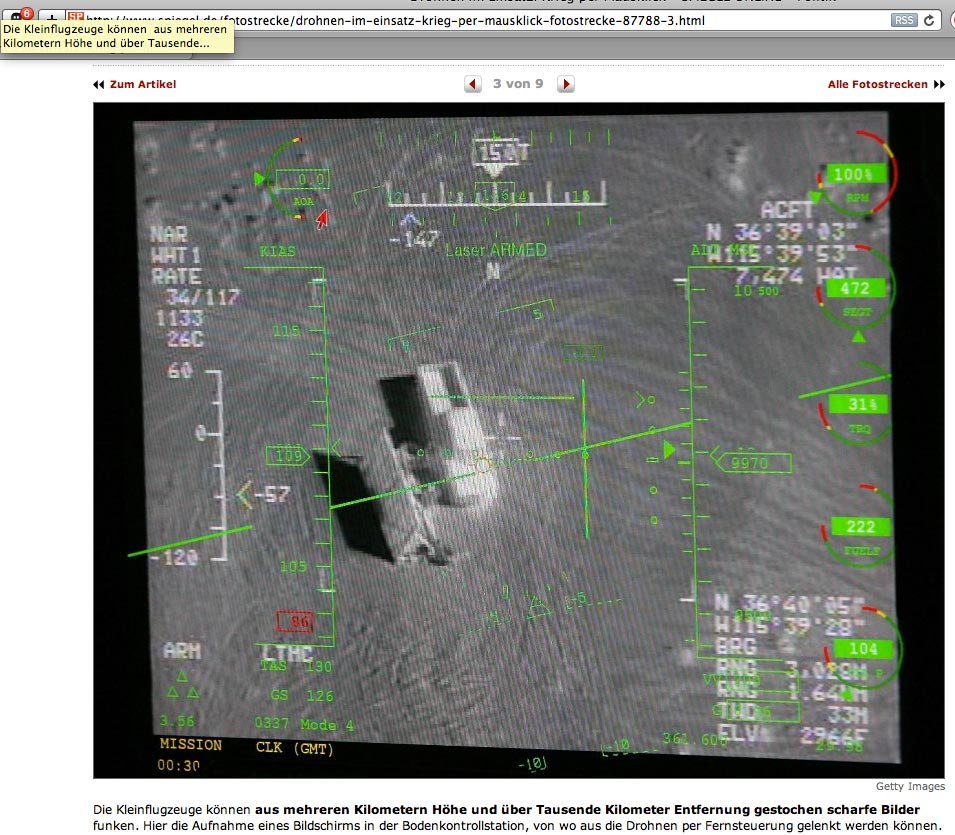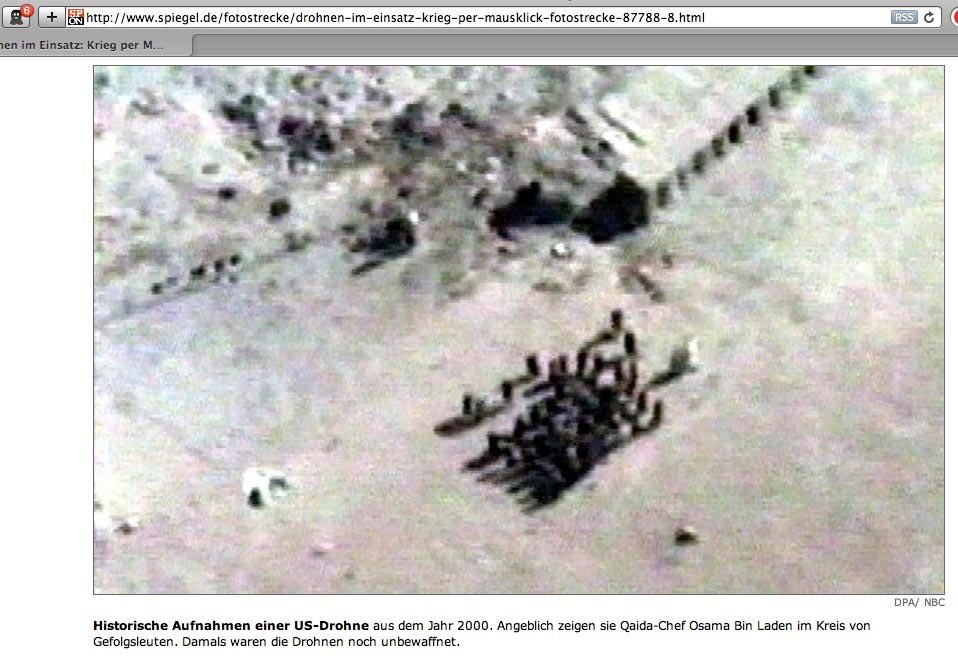The always excellent Bruce Schneier (who coined the term “security theater”) in a talk at Harvard’s Berkman Center (video and transcript). About the Internet and Power, and technological advances that set into motion events no could can possibly predict. In his own words:
What I’ve Been Thinking About
I have been thinking about the Internet and power: how the Internet affects power, and how power affects the Internet. Increasingly, those in power are using information technology to increase their power. This has many facets, including the following:
1. Ubiquitous surveillance for both government and corporate purposes — aided by cloud computing, social networking, and Internet-enabled everything — resulting in a world without any real privacy.
2. The rise of nationalism on the Internet and a cyberwar arms race, both of which play on our fears and which are resulting in increased military involvement in our information infrastructure.
3. Ill-conceived laws and regulations on behalf of either government or corporate power, either to prop up their business models (copyright protections), enable more surveillance (increased police access to data), or control our actions in cyberspace.
4. A feudal model of security that leaves users with little control over their data or computing platforms, forcing them to trust the companies that sell the hardware, software, and systems.
On the one hand, we need new regimes of trust in the information age. (I wrote about the extensively in my most recent book,Liars and Outliers.) On the other hand, the risks associated with increasing technology might mean that the fear of catastrophic attack will make us unable to create those new regimes.
It is clear to me that we as a society are headed down a dangerous path, and that we need to make some hard choices about what sort of world we want to live in. It’s not clear if we have the social or political will to address those choices, or even have the conversations necessary to make them. But I believe we need to try.

